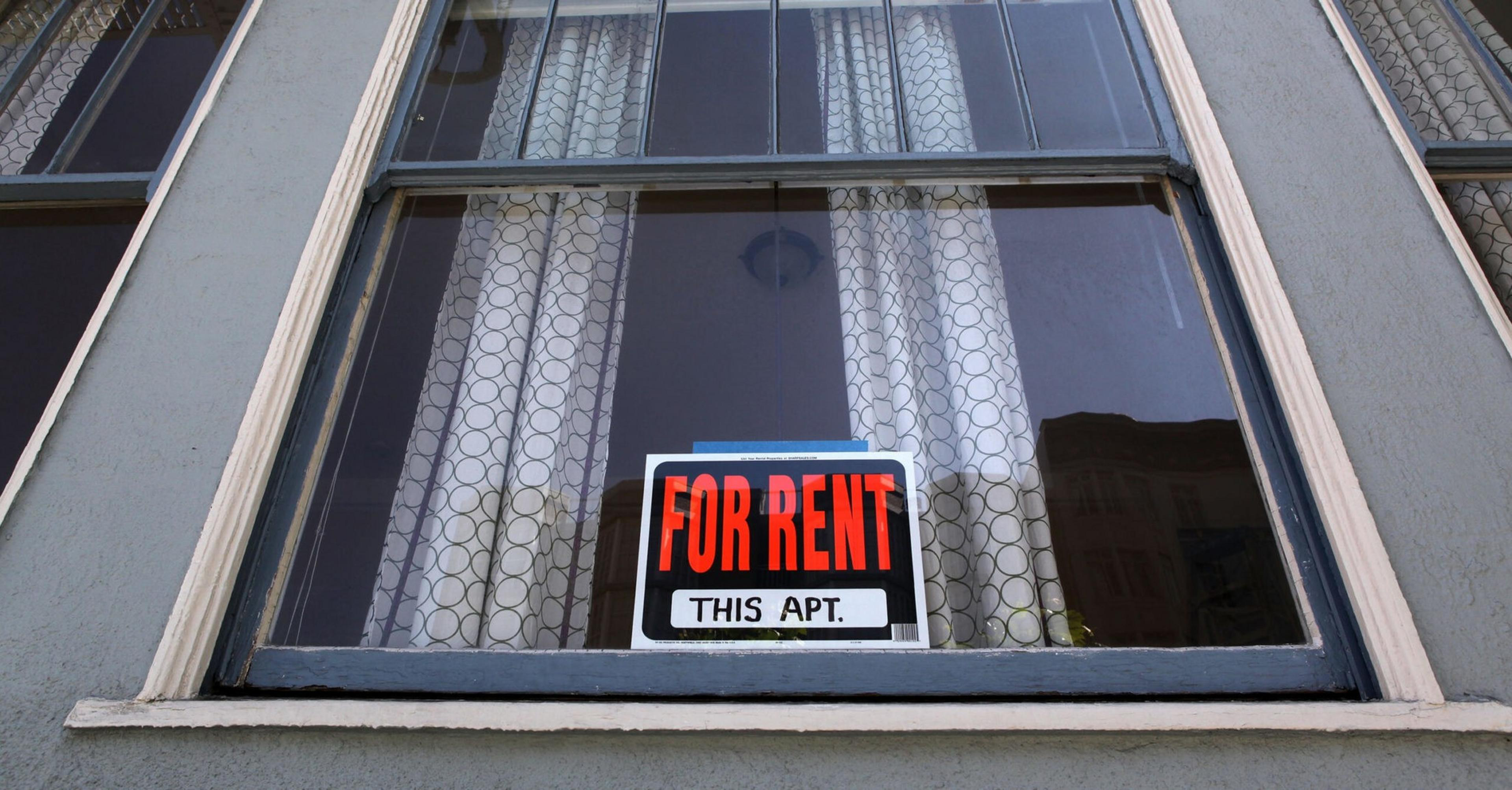Last year, San Francisco made history by implementing the nation’s first ban on software that uses algorithms to set rents for tenants. Lawmakers blamed the technology for enabling price-fixing at scale by landlords and for artificially keeping rents higher than the regular market rate.
The ordinance went into effect in October (opens in new tab). After San Francisco took the plunge, a handful of other U.S. cities proposed versions of a ban, including Berkeley, which approved its prohibition in March.
But just before the law went into effect, the East Bay city was sued by RealPage, (opens in new tab) a Texas-based software firm that is one of the main developers of algorithmic rent-setting tools it markets as “revenue management solutions.” The company argued that the ban violated its First Amendment rights.
Since Berkeley was facing a $27 million budget deficit and chose not to pay to fight the lawsuit in court, the City Council voted unanimously last month to postpone its ordinance for a year (opens in new tab). Berkeley City Attorney Farimah Brown did not respond to requests for comment.
Berkeley’s ordinance goes a step further than San Francisco’s by banning any rent-setting algorithm, regardless of whether it uses nonpublic information like competitors’ rates. Under San Francisco’s ordinance, landlords can use algorithmic products so long as they don’t rely on nonpublic information.
“It’s a troubling development that corporations can just undo the democratic will of voters,” Lee Hepner, an antitrust lawyer at the American Economic Liberties Project, said in reaction to the Berkeley delay. “Local municipalities attempting to tackle [rent-fixing] on their own are going to face obvious resource constraints.
“The corporations understand this [lack of] capacity,” he added, “which is why they are so highly litigious.”
The RealPage lawsuit has been paused by the court after the city delayed its ban. The company’s attorney, Stephen Weissman, told Berkeleyside (opens in new tab) it did not rule out suing other cities to stop similar rules from taking effect. Restrictions on rent-setting pricing software have been passed in San Diego, Philadelphia, and Providence, Rhode Island, among other cities.

Proponents of the bans allege that RealPage, Yardi Matrix, and other companies use data such as confidential lease terms and building occupancy rates to influence the housing market. Rather than competing with one another on price, large landlords can use the software products to collude and keep rents artificially high, critics say.
RealPage has denied those claims, saying the laws are “based on misinformation” and a “distraction” against “real solutions” to increasing supply of or access to affordable housing. A spokesperson for the company did not respond to requests for comment about the Berkeley lawsuit or any other planned litigation.
The company says it is complying with San Francisco’s rules by eliminating the use of nonpublic data in products that calculate rent recommendations. The San Francisco city attorney’s office said it was not aware of any challenges to the law and asked members of the public to report any violations to its consumer complaint portal (opens in new tab).
Affected tenants can file civil action for damages and injunctive relief, with penalties of up to $1,000 per violation. “One positive of San Francisco’s ordinance was that it forced the industry to respond and change its practices,” Hepner said.
Meanwhile, RealPage has been the target of scrutiny by regulators. Last week, Kentucky Attorney General Russell Coleman sued RealPage and nine landlords in federal court (opens in new tab), alleging illegal business practices that go as far back as 2016.
“RealPage replaces competition with coordination,” the complaint says. “It does so openly and directly, and renters in Kentucky are left paying the price.”

This follows a federal antitrust lawsuit (opens in new tab) against RealPage filed in August by the U.S. Department of Justice and eight state attorneys general, including California’s, alleging illegal business practices.
Even if the Berkeley saga slows momentum, the state could well take action. In December, State Sen. Sasha Perez of Pasadena introduced SB 52 (opens in new tab), which would ban the use of rental pricing algorithms in California. The bill has passed the Senate and is going through the Assembly.
Leah Simon-Weisberg, a tenant lawyer and member of Berkeley’s housing advisory commission, estimated that RealPage and other companies have raised the initial cost of renting in the East Bay by 10%-20%, dulling the effectiveness of the region’s rent-control laws.
“Technology is not inherently bad,” she said. “But it needs to be regulated.”
